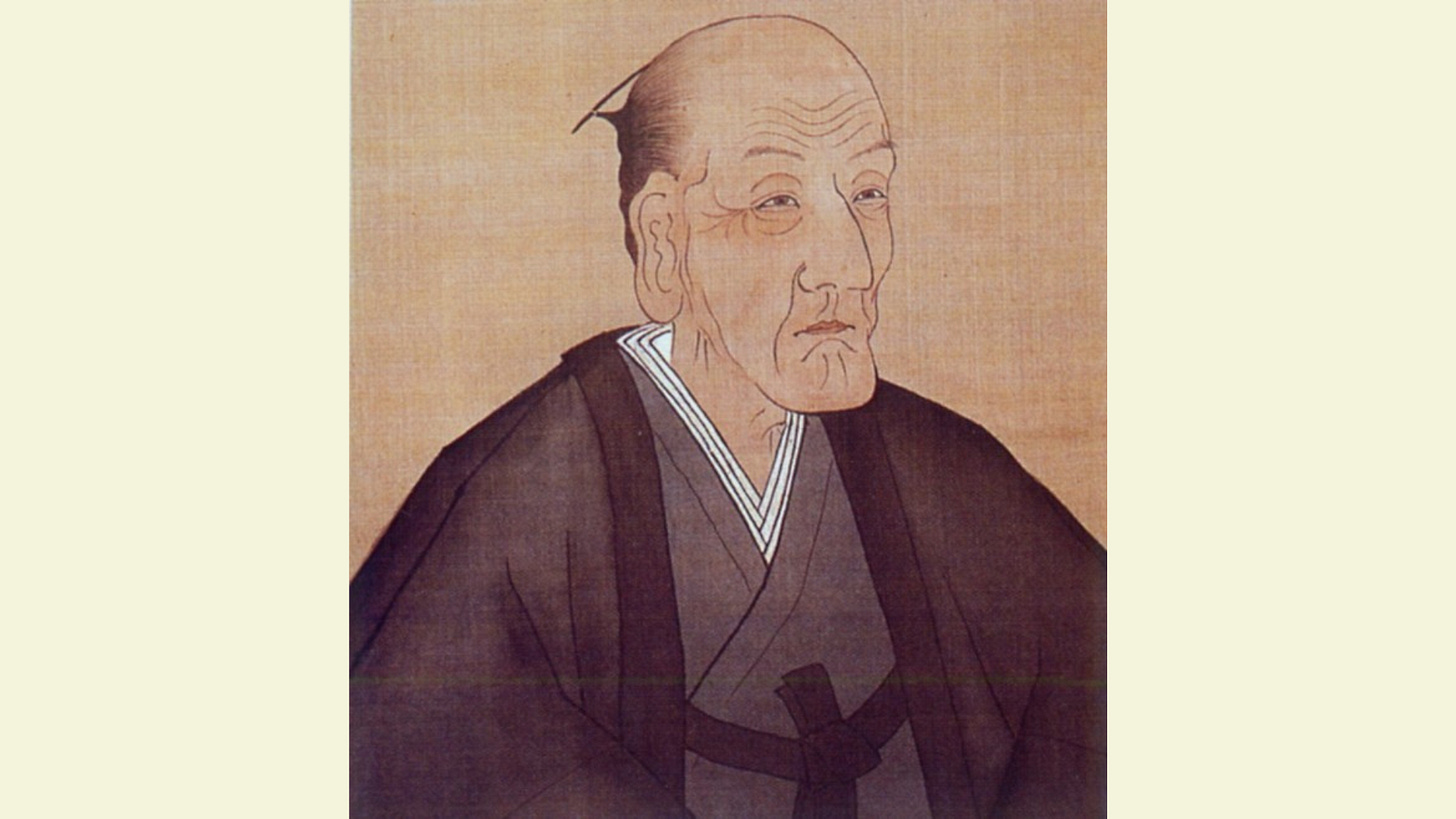What Did the Great Ruler Uesugi Yōzan Say?
A samurai respected by U.S. President John F. Kennedy

上杉治憲(うえすぎ はるのり)(1751年9月9日~1822年5月3日)は、
江戸時代(えどじだい)の 中頃(なかごろ)に いた 大名(だいみょう)です。
Harunori Uesugi (1751–1822) was a feudal lord (daimyō) in the middle of the Edo period.
後(のち)に 隠居(いんきょ)して、「鷹山(ようざん)」という 名前(なまえ)を 使(つか)いました。
After he retired, he used the name Yōzan.
彼(かれ)が 米沢藩(よねざわはん)の 藩主(はんしゅ)に なったとき、
米沢藩(よねざわはん)のお金(かね)は ほとんど なくなっていました。
When he became the lord of the Yonezawa domain, the domain had almost no money.
さらに、飢饉(ききん)で たくさんの 人(ひと)が 死(し)んでいました。
Also, many people were dying because of a big famine.
上杉鷹山(うえすぎ ようざん)は、その 米沢藩(よねざわはん)を 立(た)て直(なお)しました。
Yōzan helped bring the Yonezawa domain back to life.
だから、「名君(めいくん)と 呼(よ)ばれています。
That is why he is called a great ruler.
また、彼(かれ)は 多(おお)くの すばらしい 言葉(ことば)を 残(のこ)しました。
He also left many wise and powerful sayings.
ここでは、その中(なか)から 特(とく)に 有名(ゆうめい)な 言葉(ことば)を 紹介(しょうかい)します。
Here, we will share his famous quotes.
昔(むかし)の 言葉(ことば)は 難(むずか)しいので、今(いま)の 日本語(にほんご)で 書(か)きます。
Since old Japanese is hard to understand, we’ll write it in modern Japanese.
「やれば できる。やらなければ、できない。何(なん)でも そうだ。できないのは、その人(ひと)が やろうと しないからだ。」
“If you try, you can do it. If you don’t try, you can’t. That’s how everything is.
If someone can’t do something, it’s because they didn’t try.”
この 言葉(ことば)は、
This quote means:
「何(なに)かを やりとげたい と 思(おも)ったら、まず 始(はじ)めて みなさい」
“If you want to do something, the first step is to take action.”
という 意味(いみ)です。
That’s the message.
この 言葉(ことば)は、昔(むかし)の 武将(ぶしょう)・武田信玄(たけだ しんげん)の 言葉(ことば)を、上杉鷹山(うえすぎ ようざん)が もっと 分(わ)かりやすく したもの だと 言(い)われています。
People say that Yōzan took a quote from the old warrior Takeda Shingen and made it easier to understand.
贈(おく)り物をするときは、高(たか)くて豪華(ごうか)な物よりも、
たとえ小さくて安(やす)い物でも、心(こころ)がこもっていることが大切です。
逆(ぎゃく)に、立派(りっぱ)で重(おも)たい物を贈(おく)っても、
そこに心(こころ)がなければ、それは人に対する正(ただ)しい接(せっ)し方とは言えません。
When you give a gift, it’s better to give something simple with sincerity.
If you give something fancy but without real warmth or honesty, then it is not the right way to treat someone.
This quote means:
What matters more is not how big or expensive a gift is, but the kindness and sincerity behind it.
Vocabulary List
名君(めいくん) - great ruler
領主(りょうしゅ) - feudal lord
上杉鷹山(うえすぎ ようざん) - Uesugi Yōzan
上杉治憲(うえすぎ はるのり) - Uesugi Harunori
江戸時代(えどじだい) - Edo period
大名(だいみょう) - feudal lord / regional ruler
隠居(いんきょ) - retirement
名前(なまえ) - name
藩主(はんしゅ) - lord of a domain
米沢藩(よねざわはん) - Yonezawa domain
お金(かね) - money
ほとんど - almost
飢饉(ききん) - famine
たくさん - many
死ぬ(しぬ) - to die
立て直す(たてなおす) - to rebuild / restore
呼ばれる(よばれる) - to be called
残す(のこす) - to leave behind
言葉(ことば) - word / saying
紹介(しょうかい) - introduction
現代語(げんだいご) - modern Japanese
昔(むかし) - old days / past
難しい(むずかしい) - difficult
簡単(かんたん) - easy
行う(おこなう) - to do / to carry out
誠(まこと) - sincerity / honesty
心(こころ) - heart / mind / feeling
贈り物(おくりもの) - gift
豪華(ごうか) - luxurious / fancy
大切(たいせつ) - important
立派(りっぱ) - splendid / fine / grand
相手(あいて) - the other person / partner
接する(せっする) - to treat / to interact
正しい(ただしい) - correct / proper
人に接する道(ひとにせっするみち) - the right way to treat people
始める(はじめる) - to begin
行動(こうどう) - action
やればできる - if you try, you can
やらなければできない - if you don’t try, you can’t
その人 - that person
〜からだ - because ~

